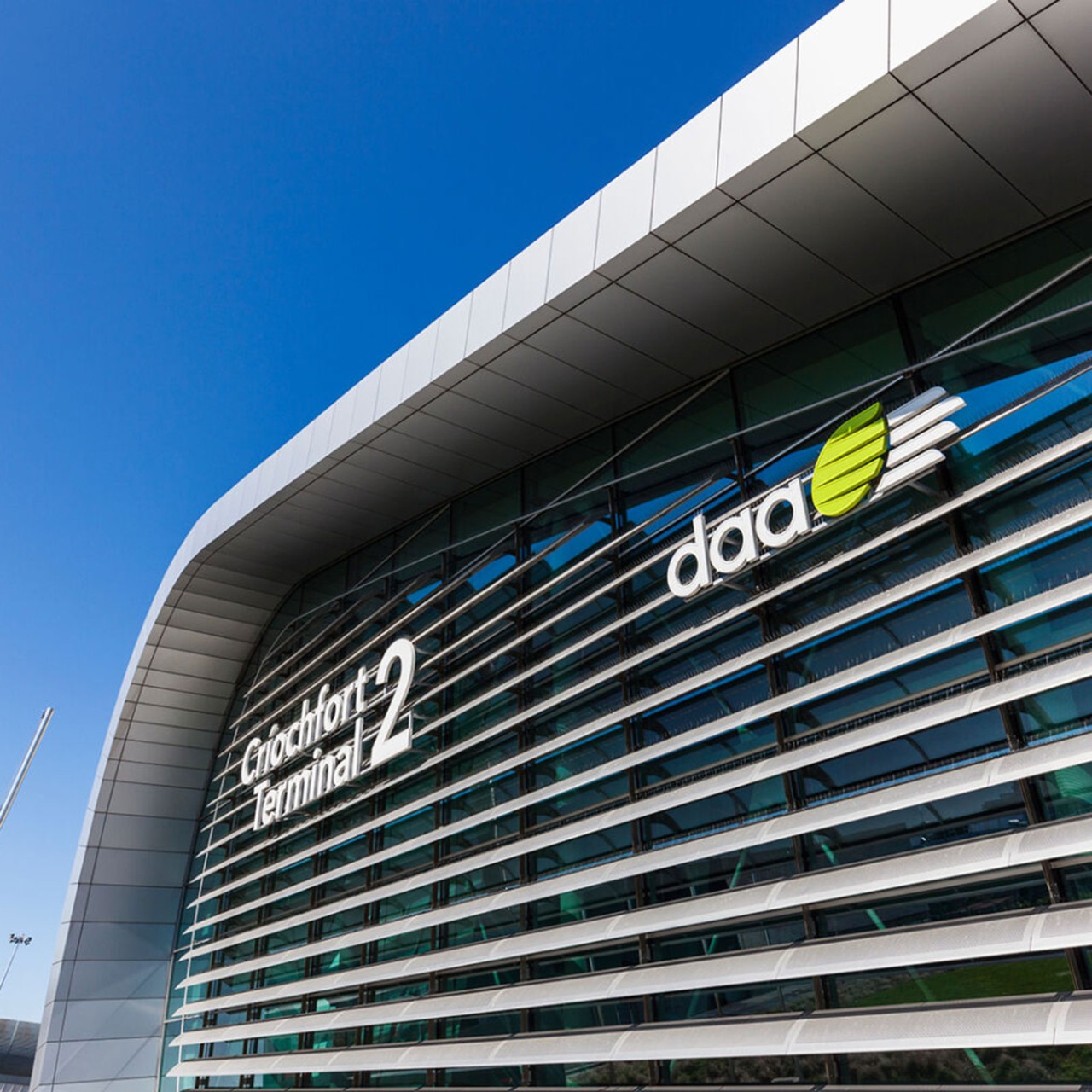
Accounting and finance recruitment in Ireland is expected to remain buoyant in 2025, with a skills shortage and rude economic health among contributing factors. In fact, Orlagh Reynolds, director at Hays Ireland, thinks 2025 will be even busier than 2024. ‘Competition is high for permanent staff,’ she says.
Indeed, Robert Half’s 2025 Salary Guide finds that 92% of accounting and finance (A&F) hiring managers in Ireland are planning to hire, with 31% expecting to grow their permanent teams.
‘Employers will have to work hard to secure the skills and expertise they need’
‘Demand will be spread across multiple industries, especially for candidates with expertise in accounting operations and financial planning and analysis (FP&A),’ says Luke Edmunds, Robert Half’s Ireland branch director. ‘Employers will have to work hard to secure the skills and expertise they need for the year ahead.’
Reject rigidity
As Reynolds sees it, employers who maintain rigid candidate requirements in a shallow talent pool will struggle the most in 2025. ‘To overcome this, they’ll need to consider hiring based on potential for certain skills or role requirements,’ she says.
Luke Cullen, manager (accounting and finance) at Robert Walters Dublin, agrees, warning that by seeking only ‘ideal’ candidates, hiring managers are making the pool even shallower, leading to time lost and missing out on suitable candidates.
Reynolds also highlights migration as a contributing factor to the tight talent market. Financial accountants with up to two years’ post-qualification experience know they’re hot commodities globally, meaning they’ll travel to countries like Australia, Canada and the UK to have their high expectations met.
‘AI and digital technology will continue to be a focus’
‘The issue is compounded by a general reluctance from employers to hire candidates who require sponsorship or lack Irish experience, despite strong qualifications and solid overseas experience,’ she says. ‘Some employers are exploring alternative avenues like graduate schemes and the Critical Skills Employment Permit, but these efforts are limited, and many remain rigid in their criteria.’
Plug the skills gap
Hot roles, specialisms and functions include financial accountants, assistant accountants, practice accountants, financial controllers, management accountants, FP&A managers, finance business partners, payroll, and experienced leaders and managers, while the contract market will be warm for specialists in financial control and management, and financial accounting.
‘The finance function is continuously evolving, which means the skillsets in demand are changing, too,’ says Cullen. ‘Those with digital skills, who can utilise data, implement automation and handle artificial intelligence (AI), continue to be extremely attractive. This has led to considerable value being placed on candidates with the “ideal skillset” – those who are technically strong, with experience handling complex programming languages, cyber and data analytics.’
Experience with programming languages is particularly important in FP&A, continues Cullen, as businesses want to use and move data more efficiently throughout the organisation. ‘A&F professionals are key players in taking this financial data, upgrading, and making it more user-friendly for the business and its departments,’ he says.
‘Professional services have made efforts to raise salaries as they were falling behind’
‘AI and digital technology will continue to be a focus for many organisations; we will see increased mandates to upskill existing staff in this space, while professionals who have trained with, implemented or who are proactively increasing their knowledge in this area will be of keen interest to those hiring.’
Salary movements
By and large, salaries are still increasing, but rates are slowing from their post-pandemic highs and pay bumps are not guaranteed. ‘Pay [in A&F] rose by an average of 1.7% in 2024,’ says Reynolds. ‘Professional services, in particular, have made efforts to raise salaries as they were falling behind other sectors.’
‘Newly qualified accountants can expect upwards of €55,000 per annum, with increases likely for those who move post-qualification and unlikely for those who don’t,’ says Cullen. ‘Demand remains high for professionals in the mid-level range; those with two to six years’ post-qualified experience can command salaries of €70,000-€90,000. Across all sectors and roles, inclusive of mid-level and senior professionals, we anticipate general salary increases of 5% following annual reviews.’
But pay rises are not guaranteed for all, notes Edmunds, with many employers cautious of the broader financial climate. ‘This covers all roles and seniority levels, with salaries unlikely to grow at the beginning of the year. However, 22% of Irish employers said they would increase salaries based on merit and if performance goals were exceeded in 2025, while 16% would do so to retain top talent.’
‘To build trust and retain talent, employers should address salary reviews proactively’
Employers are also becoming more open to offering higher salaries, especially after reviewing multiple CVs and realising market demands, says Reynolds. ‘Counter-offers are common and typically include higher pay, increased responsibilities or promises of different projects. However, to build trust and retain talent, employers should address salary reviews proactively, rather than waiting until a counter-offer is necessary.’
Non-financial benefits
There is a large-scale refocus on benefits, driven by a growing awareness of employee wellness, retention and general market conditions, says Cullen. ‘Many employers are actively reviewing their benefits. Flexible and hybrid-working arrangements continue to be extremely important, with many candidates foregoing salary increases to gain more flexibility and even dropping their salary expectations for remote opportunities.’
Pensions and bonuses remain important, too, with professionals seeking to gauge contributions by assessing organisations’ short- and long-term performance, says Cullen, who also anticipates share options and long-term incentive plans becoming more common in Ireland and Europe, with junior professionals showing keen interest.
And while learning and development remain a primary motivation for junior professionals, more experienced people are seeking to upskill to contend with rapidly changing market conditions. ‘According to Robert Walters, 54% of professionals aged 50-59 cite personal development funding as an important workplace perk, versus 51% aged 30 and under,’ says Cullen.
More information
Read Robert Half’s 2025 Ireland Salary Guide, Hays Ireland’s Salary & Recruiting Trends 2025 and Robert Walters’s Salary Survey Guide Ireland 2025



